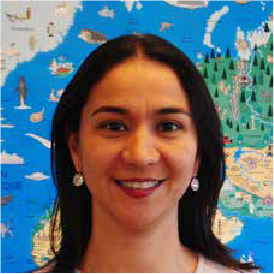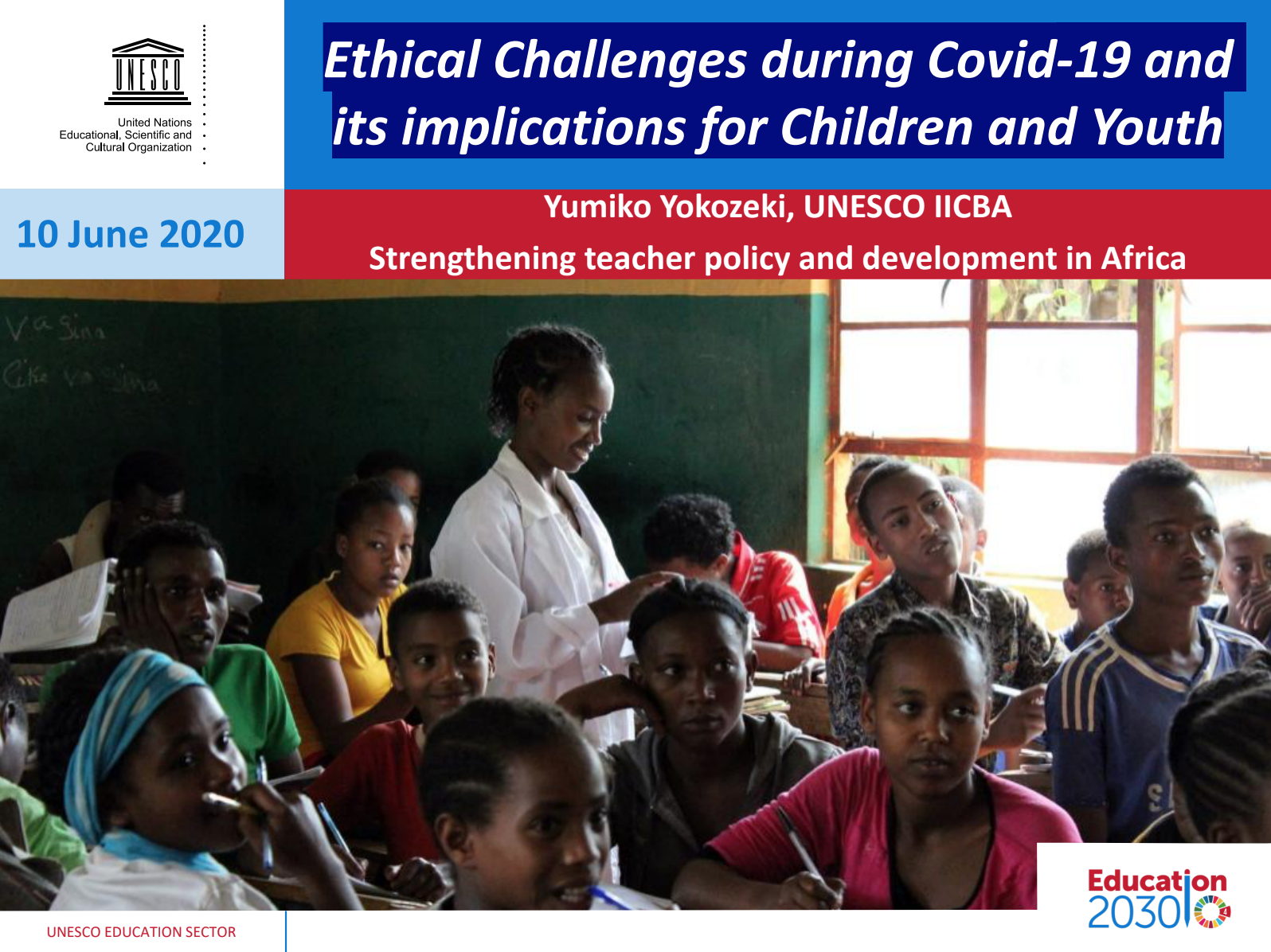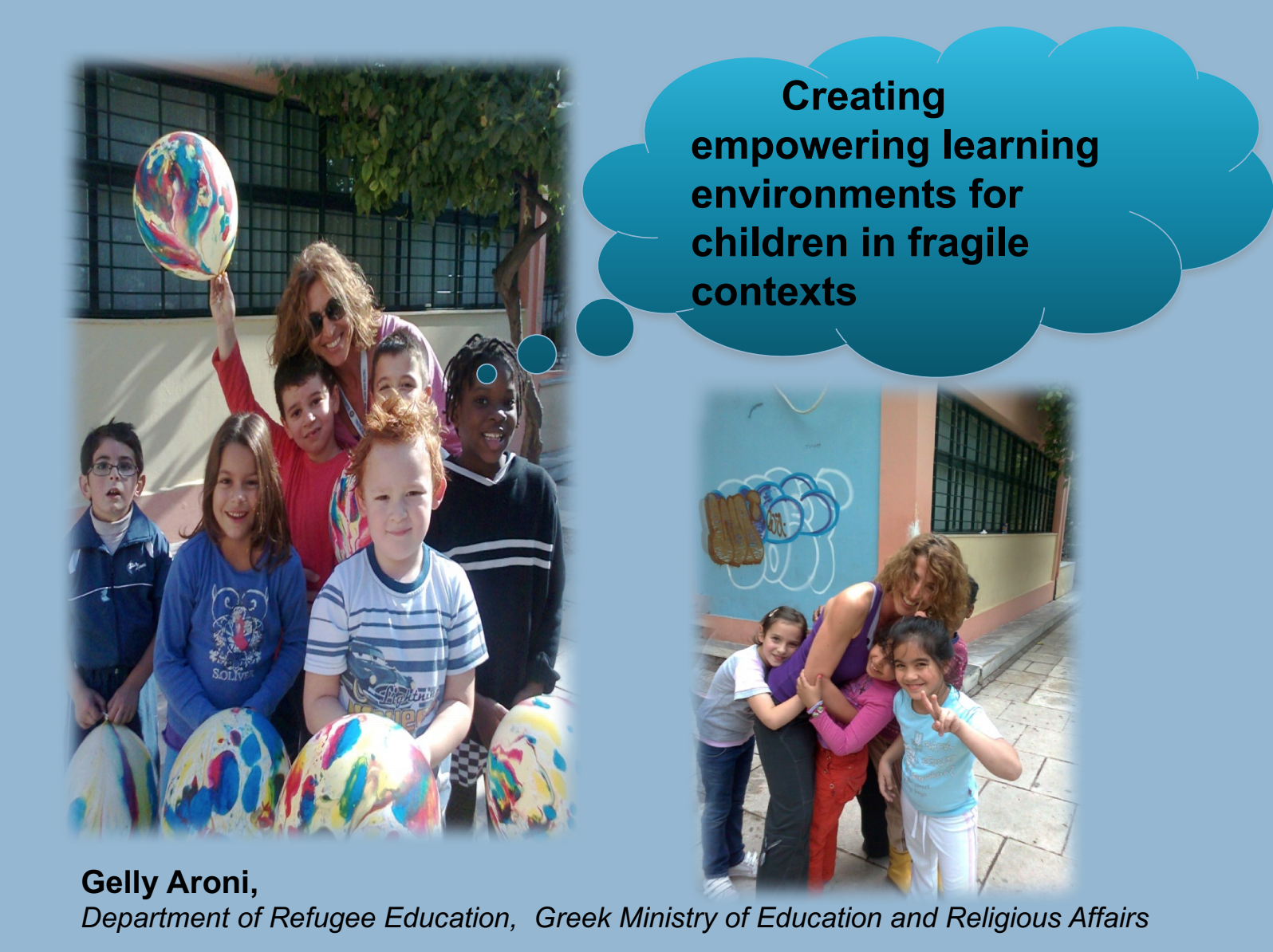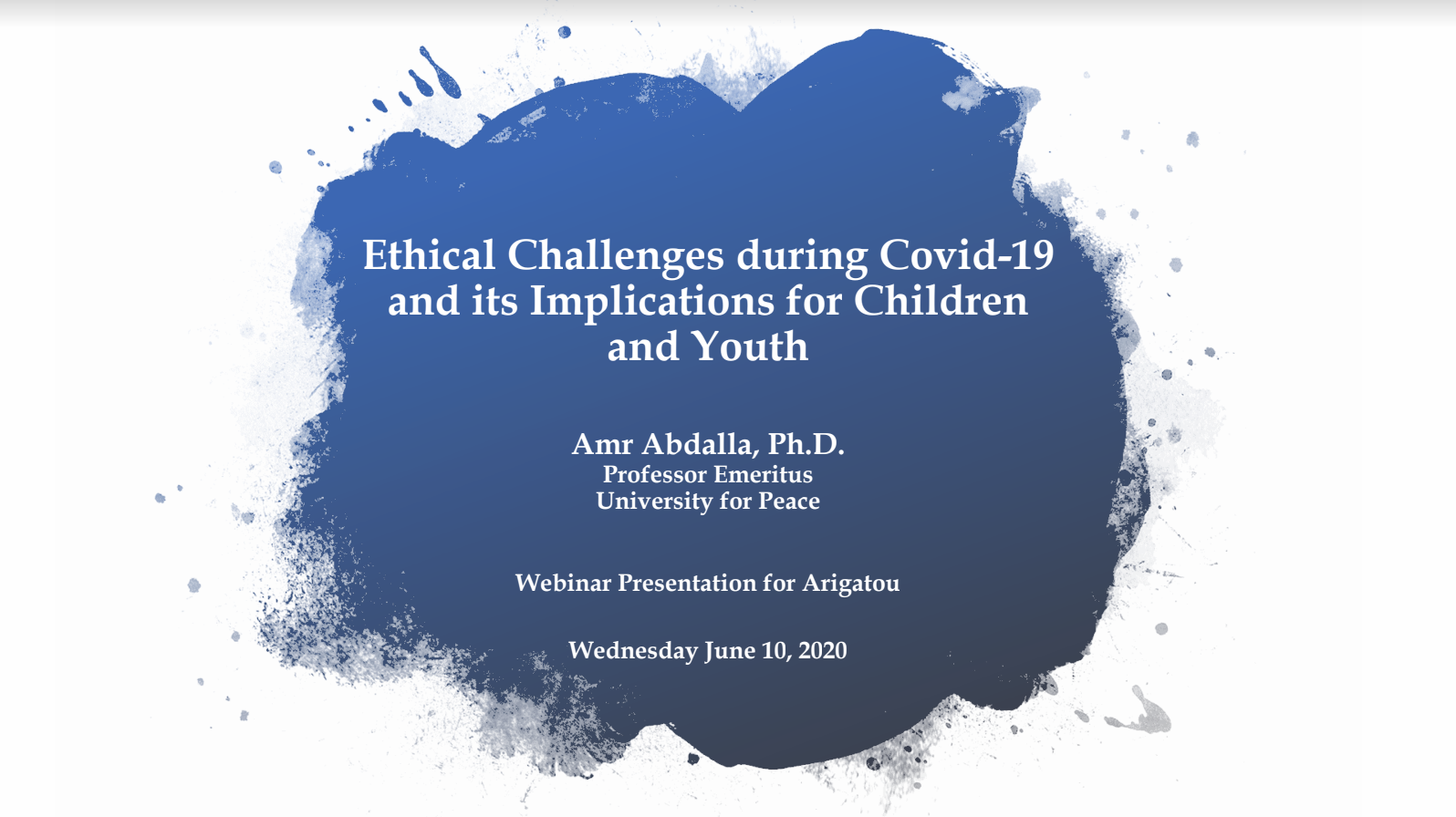Online Course for Teachers
Ethical Challenges during COVID-19 & implications for Children and Youth (Webinar)
Session 3 - Ethical Challenges posed by Covid-19
During this session you will get an opportunity to:
- Explore the current worlds’ ethical challenges posed by COVID-19 at an individual, collective, educational levels.
- Reflect on what these challenges imply for children, for their development, spiritual well-being and their interconnectedness with people of different cultures and beliefs.
- Through an interactive discussion on Ethical Challenges during Covid-19 and its implications for Children and Youth, we will identify how we can support children and young people to be more resilient, hopeful and be agents of positive change in their own communities.
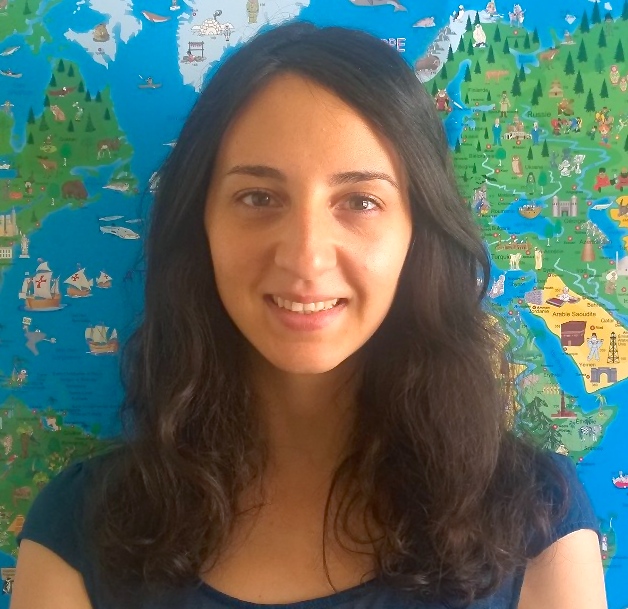

Session 3 Webinar
Update: The live webinar was already held on the 10th June, 2020 with the active participation of many course participants. You are invite to look at its recording and the presentations included below and contribute to the forum discussion.
Through an interactive discussion on Ethical Challenges during Covid-19 and its implications for Children and Youth, we will identify how we can support children and young people to be more resilient, hopeful and be agents of positive change in their own communities.
Interactive Webinar Programme:
- Welcome and Introductions: (10mins)
- Ethical Challenges in our communities during the Covid-19 pandemic : (30 mins)
- Panel Discussion: ( 32mins = 8mins/speaker)
- Q&A and online discussion: ( 25 mins )
- Breakout rooms to explore particular questions: 25 minutes
- Sharing in larger group: 25 minutes
- Closing ( 5mins )
As you see in the programme this webinar will be interactive. We look forward to your active participation by sharing your experiences, by asking questions, by engaging with the panelists and by being active in the breakout groups with a smaller number of participants.
For this webinar we were joined by ...
Panelists

Dr. Angeliki Aroni
Head of the Independent Department for the Coordination & Monitoring of the Refugee Education of the Ministry of Education & Religious Affairs, Greece
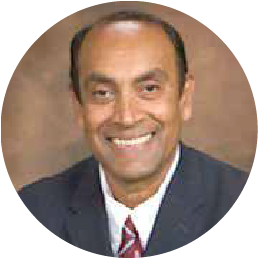
Prof. Anantanand Rambachan
Professor of Religion, Philosophy and Asian Studies at Saint Olaf College, Minnesota, USA
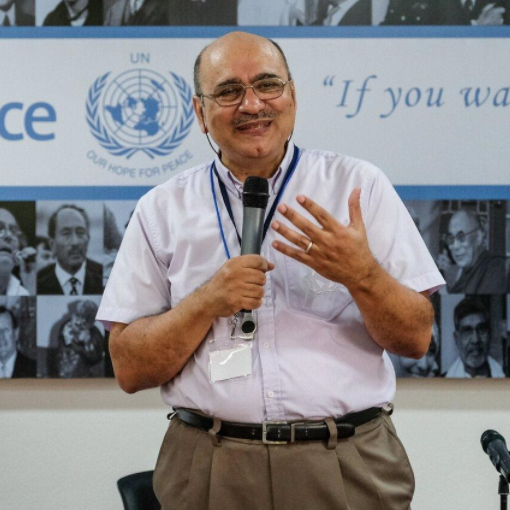
Prof. Amr Abdallah
Amr Abdalla is an emeritus professor and the former vice rector at the University for Peace (UPEACE).
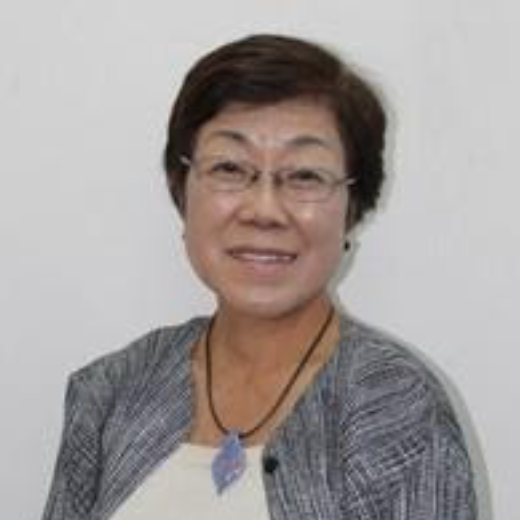
Dr. Yumiko Yokozeki
Director, UNESCO Institute for Capacity-Building in Africa
View the recorded webinar ...
Forum
After the webinar we invite you to share your reflections on the forum below.
Toolbox
Here you will find several resources that you can use with children aged 4 to 18 in intercultural and interfaith contexts, to support you creating safe, participatory and context-sensitive learning opportunities supported by our Ethics Education Transformative Pedagogy.
